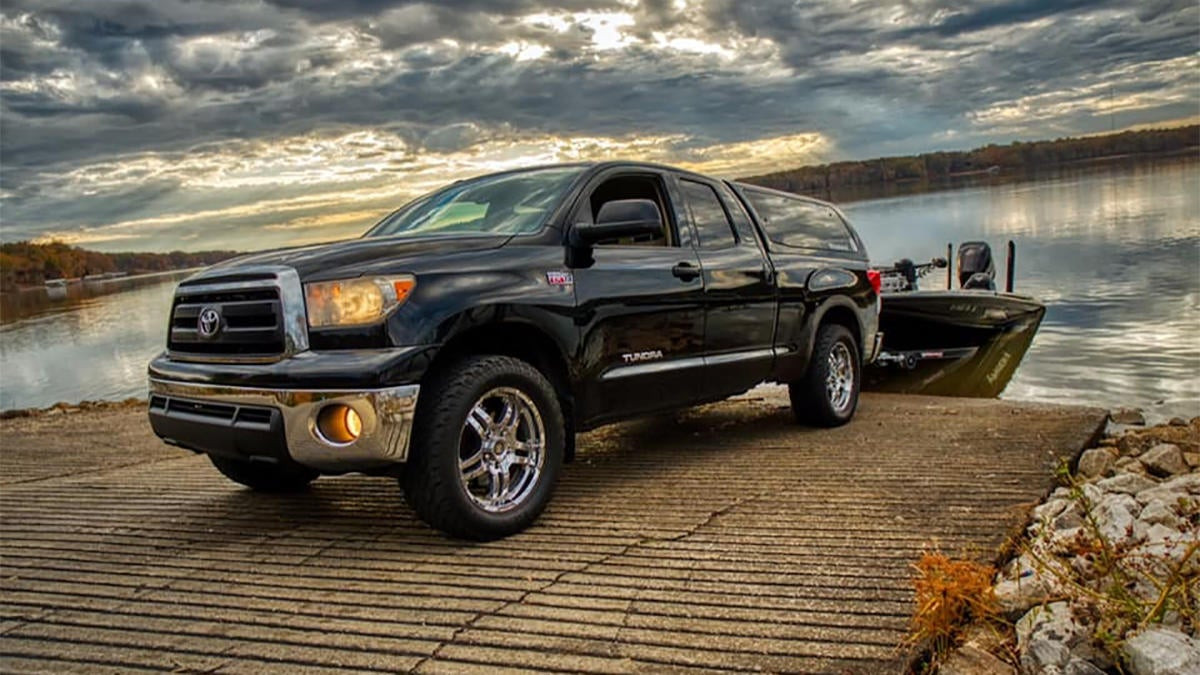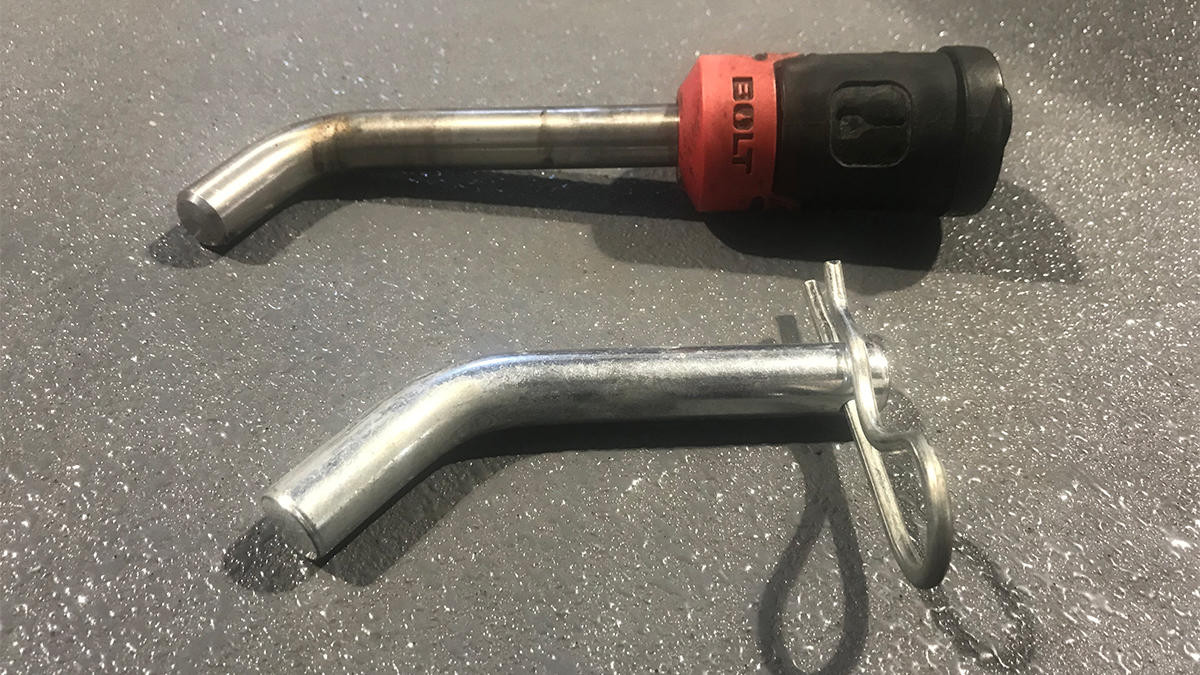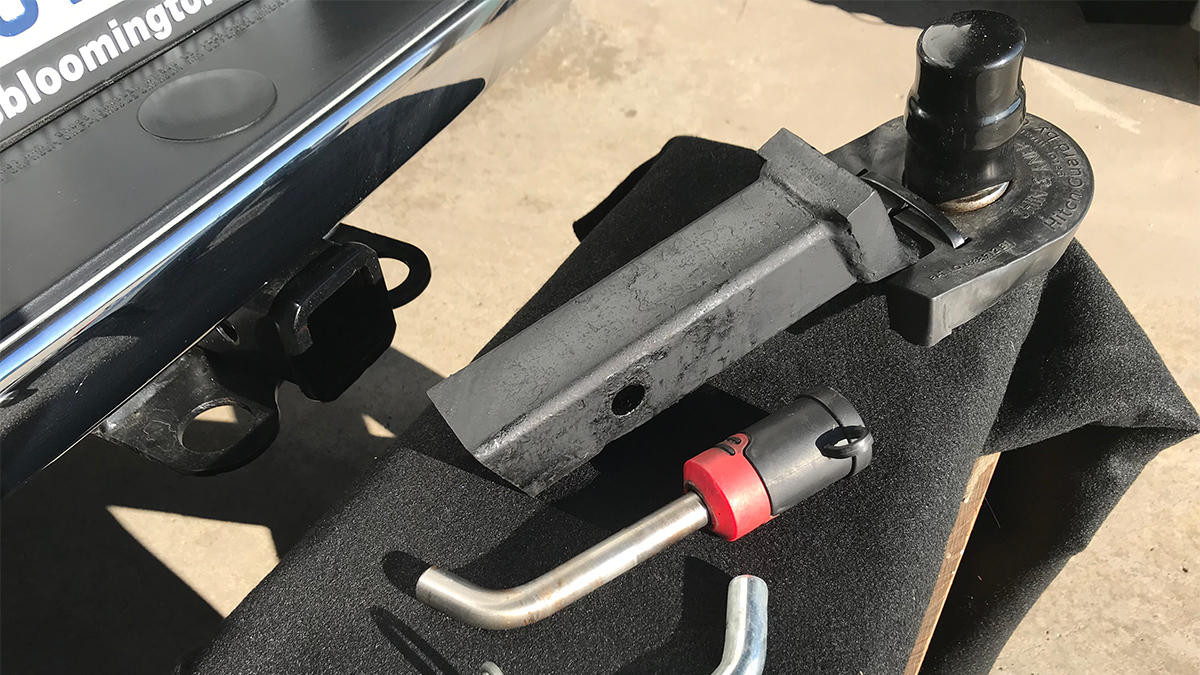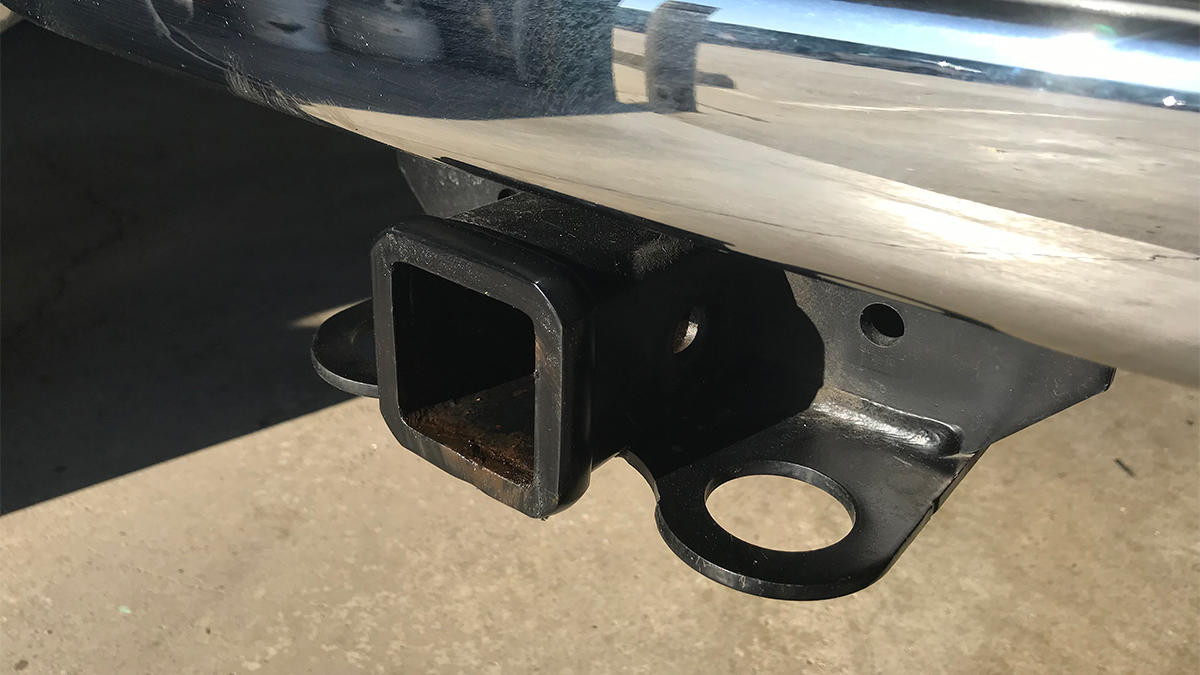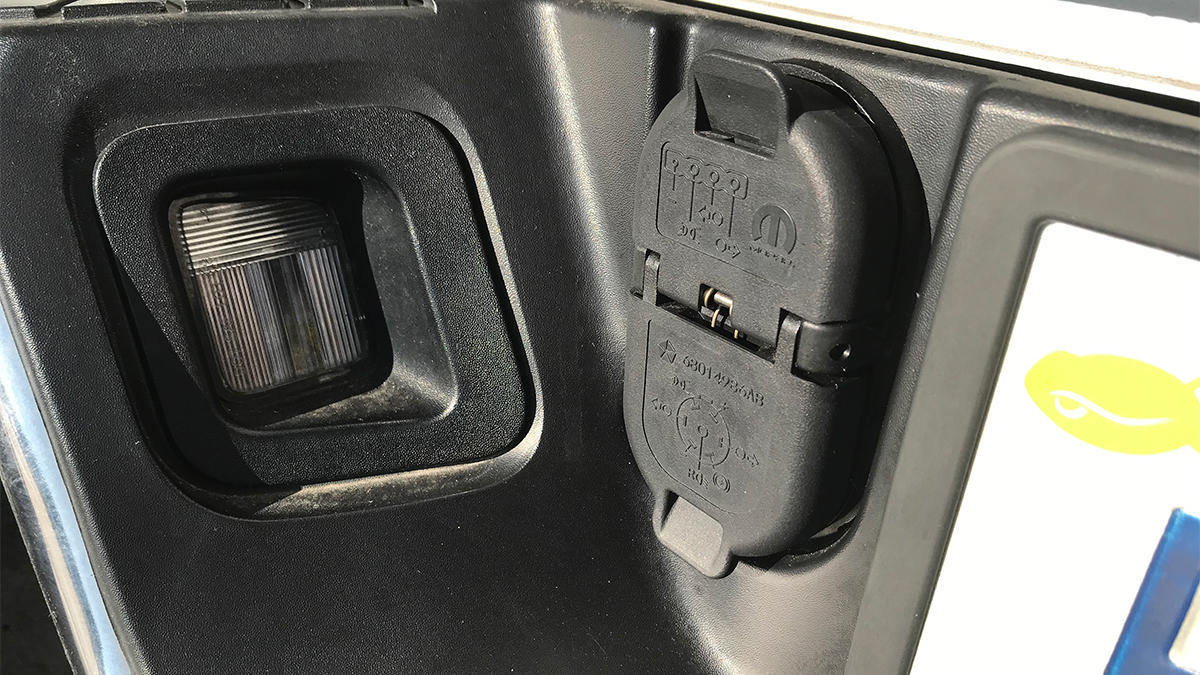To an angler, line and sharp hooks are the difference between success and failure many times. They can be the Achilles heel if not properly maintained. The same is true for trailer hitches and receivers for those of us who tow boats.
In my 50-plus years of fishing I have seen some ugly ones. To be honest, I’m not sure how there aren’t more accidents from rust, corrosion and breaking. Think about it: The only thing between your $50,000 tow vehicle and your $70,000 boat is a square piece of channel, a ball and a hitch pin. Three failure points that if not routinely cared for can spell disaster.
Hitch pin
Without the hitch pin, the hitch isn’t worth much. Some will scrimp on that pin but that is the last thing you should go cheap on. I use BOLT locks and have for years and have yet to have any issues. I like them as they have hitch locks too that use the same key. I use my ignition key for those locks and actually got a spare made that can be used for the hitch or to start my truck. Keeping one on my key chain and one in the boat is what works best for me.
The hitch pin should be stainless in my opinion, as they seem to hold up better to road grime, salt and other debris that is picked up on the road. No matter if steel or stainless, a good coating of anti-corrosion lubricant is a great idea.
When cleaning, I let the lubricant stand for a day or two then wipe the old off and coat it again with WD-40 or Lucas Tool Box Buddy. Both work exceptionally well.
The BOLT hitch pin lock doesn’t need a keeper but other less expensive pins do and it’s always good to routinely check them and keep a spare on hand for both. That keeper is what keeps the pin in place.
The receiver and ball
The arm that the ball is attached to is called the receiver and without proper care, it will rust. I check mine on every trip but a good cleaning, painting and lubrication at a minimum of twice per year is a good practice. I remove it all winter.
The ball should be checked for tightness and rust, too. Don’t forget the ball is the ground to the truck and helps make the lights work, so it needs to be clean and rust free as well. It has to be tight on the receiver and a lock washer should always be used. I use a cover and although it is a pain and gets lost a time or two during the year, it is a great reservoir for grease and oil to keep the ball lubricated and clean. Many of today’s receivers are stainless but they too should be cleaned and lubricated. I really like the new B&W hitches as they can be concealed under the hitch when not in use. I still use the Draw-Tite receiver as I have good luck with them.
When I remove the receiver, I first inspect it for rust and grime and use a light oil to wipe it down. After cleaning, I then coat the whole thing with an anticorrosion lubricant and let it set for a day or two before wiping clean and painting. Once painted and dried I then apply a light coat of oil before using it again.
The hitch
The hitch is the part that is permanently fixed to the truck and it needs TLC, too. I crawl under the truck and check the bolts for rust. While I’m under there, I’ll paint and lubricate it too. The inside of the hitch can gather rust so it’s a good idea to paint and lubricate it. Remember, the weight of the trailer determines what class hitch and receiver that is used. Most trucks now have a Class III hitch on them.
Wiring and plugs
When working on maintaining the hitch, it’s a good time to check wiring and plugs. Flat or round adapters both need to be inspected and I like to spray a little light oil on the plugs on both the truck and the boat. Check ground wires and tabs on round plugs now as well.
It’s a good idea to carry extra fuses and know ahead of time where they are located in the truck in case a replacement is needed. Always replace with the correct size fuse. New trucks sometimes have two fuse panels so read your manual to determine where they are located and what they protect. A bad fuse can have you chasing your tail for wiring issues.
Hitch maintenance is mandatory and can keep you trouble-free throughout the year if checked a couple times per year. Replace any defective part or one lacking integrity to keep you and your prized possessions safe and secure.


